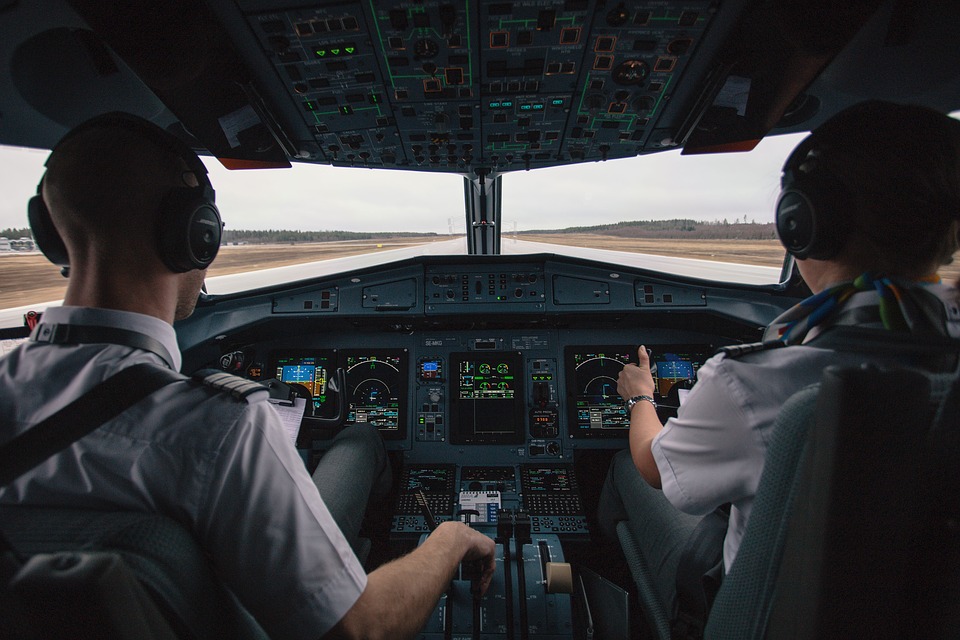Efforts within the air transport sector to overcome stigma attached to mental health problems are progressing but work is still needed to achieve parity of treatment between psychological and physical illness.
The deliberate crash of a Germanwings Airbus A320 in March 2015 jolted the airline industry into confronting cockpit mental health head-on, although the accident was not unique in its involvement of a pilot under psychiatric pressure.
Speaking after a Royal Aeronautical Society conference on aircrew mental health, held in London on 24 May, chairman and chartered psychologist Marc Atherton said that, prior to the Germanwings crash, pilot mental health was «a taboo subject».
Centre for Aviation Psychology director Aedrian Bekker says that «normalising» the issue, to ensure pilots feel able to seek and obtain support, remains one of the most difficult obstacles.
«This is not a witch-hunt for suicidal pilots,» he says. Carriers and regulators have an interest in ensuring that crews are not suffering from distractions from the «common troubles» of life, which might result in accidental "“ but potentially hazardous "“ slips during flight operations.
The conference brought together various representatives in the airline, regulatory, cockpit and medical community to explore the effectiveness of assistance programmes, such as American Airlines’ Project Wingman, and the European Pilot Peer Support Initiative, EPPSI.
Cornerstone Barristers’ Gerard Forlin points out that support efforts crucially need to emphasise to pilots that mental health treatment does not mean the loss of a career, and that the legal and insurance sectors similarly need convincing.
«If you take away the ability to fly, you take away what [pilots] live for,» he says. «I think we’re in massive danger of driving this underground.»
EPPSI executive board member, and UK cockpit union BALPA representative, Capt Dave Fielding says that air safety investigation has normally dealt with analysis of definite technical and operational matters…



